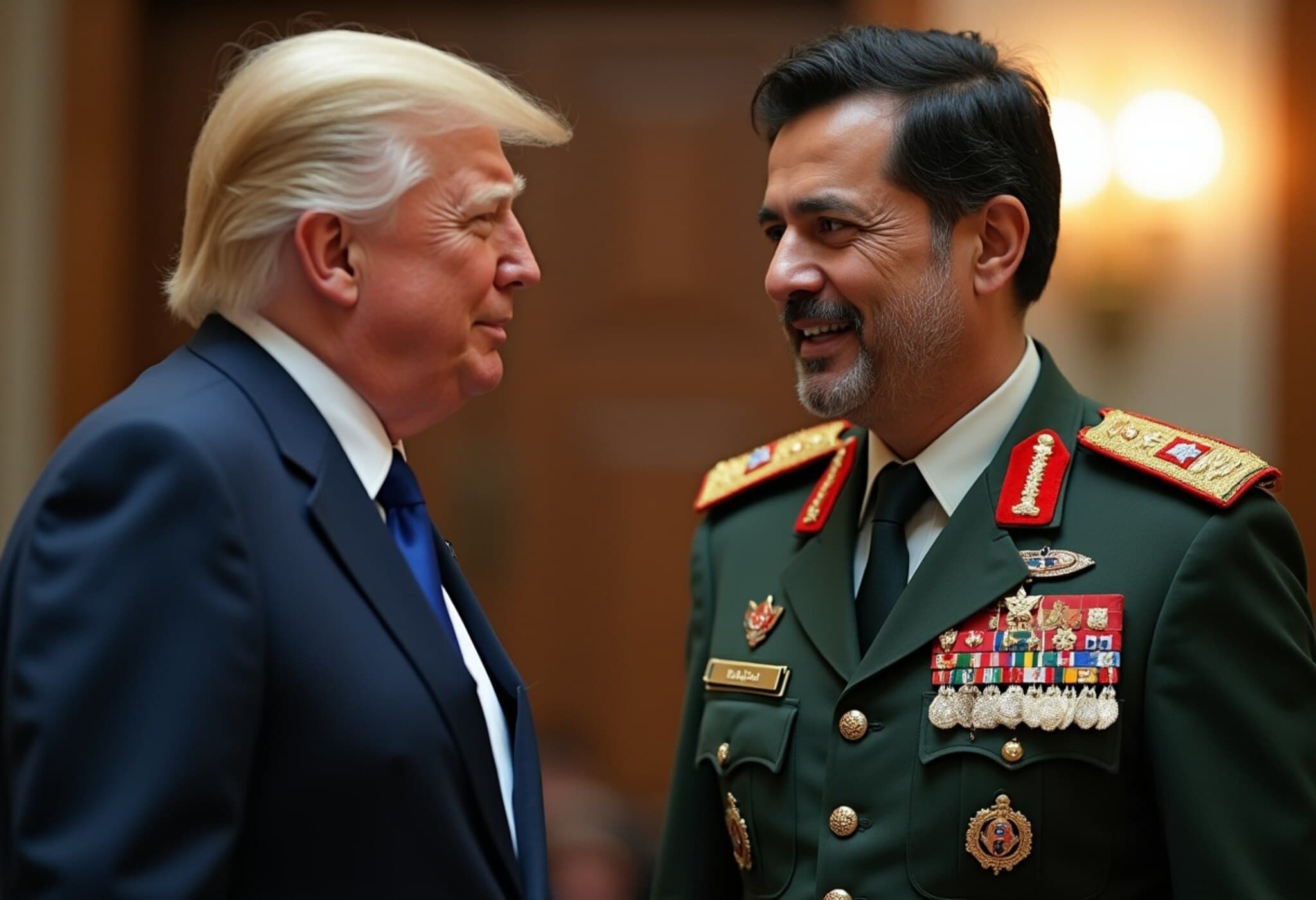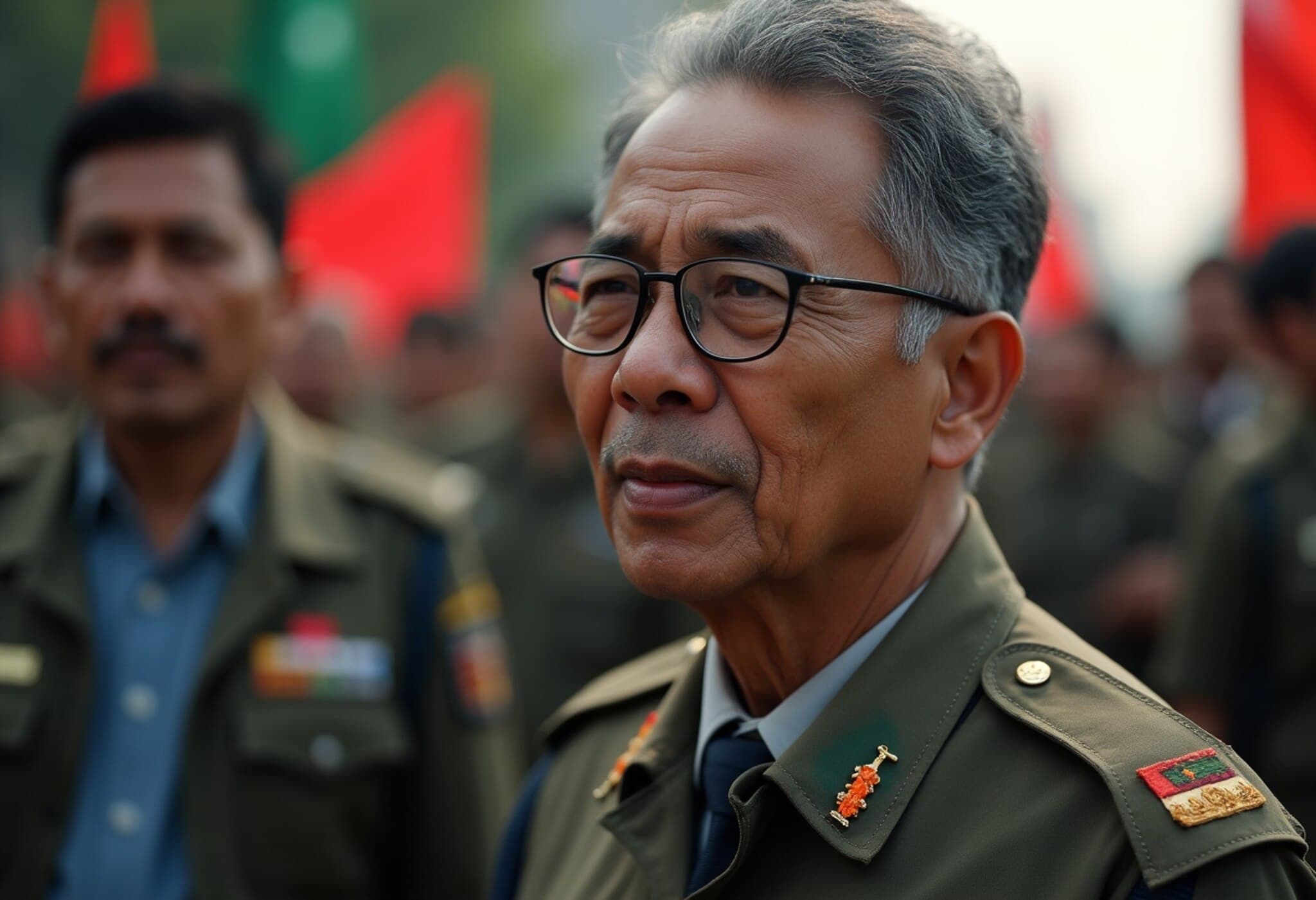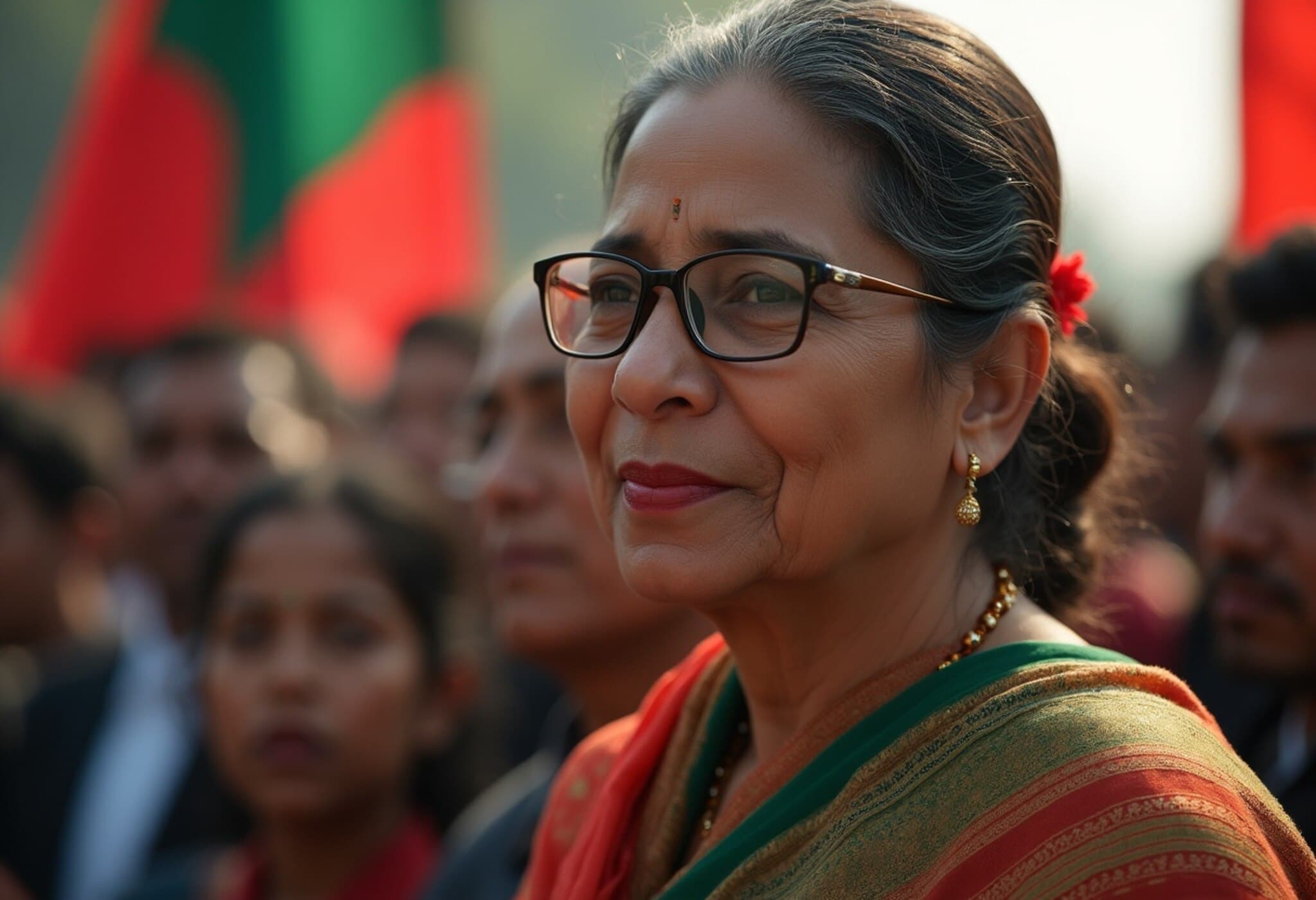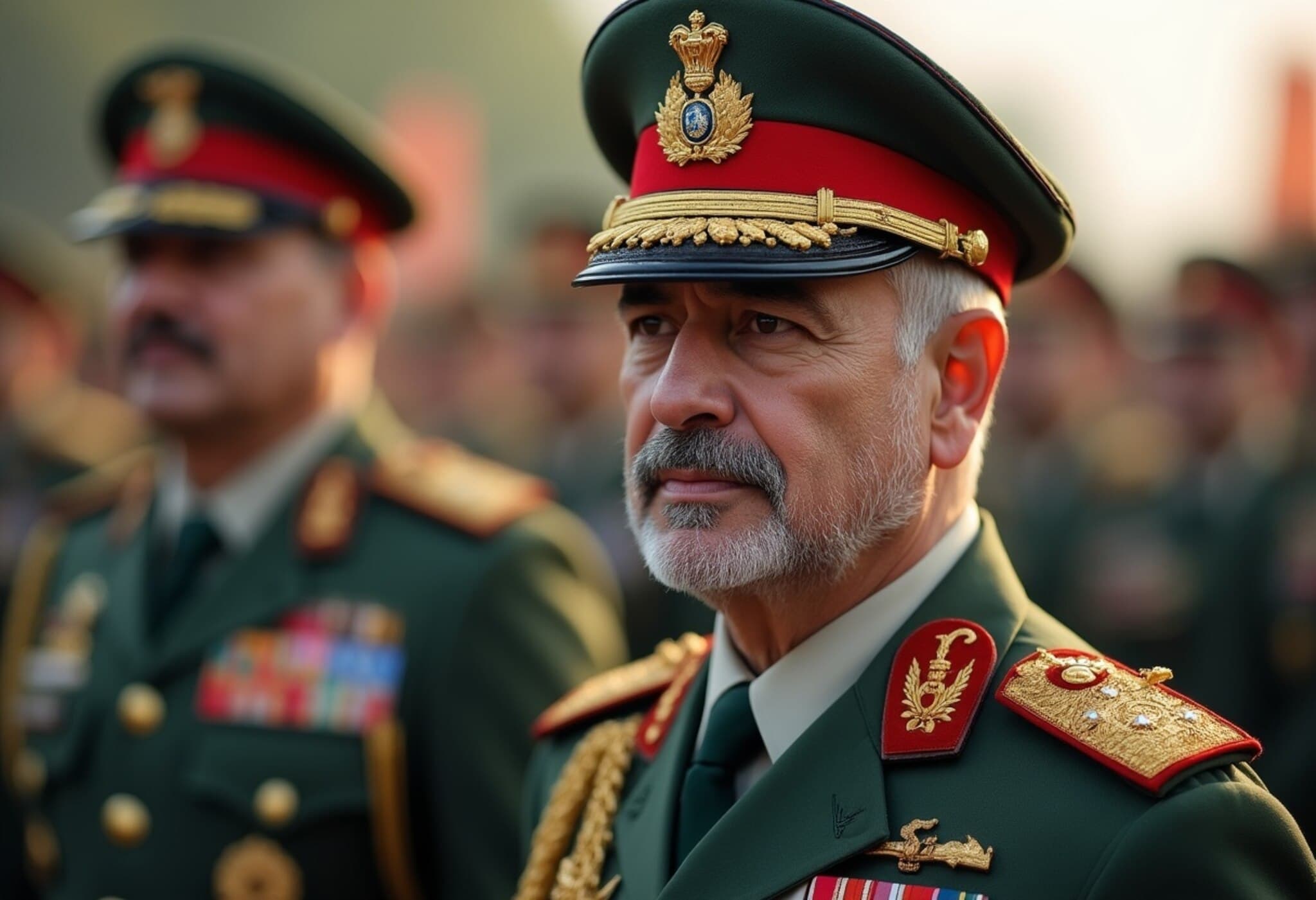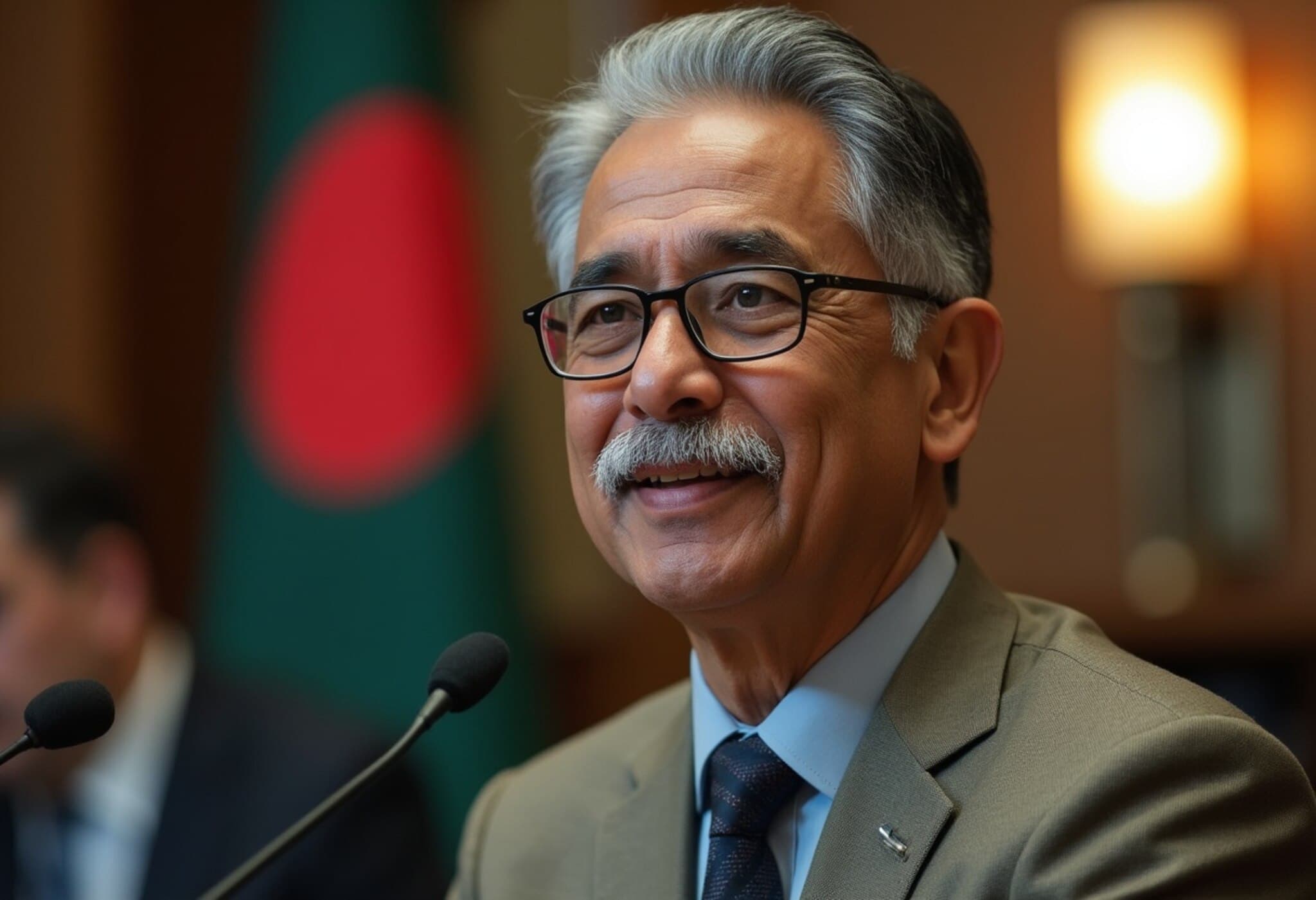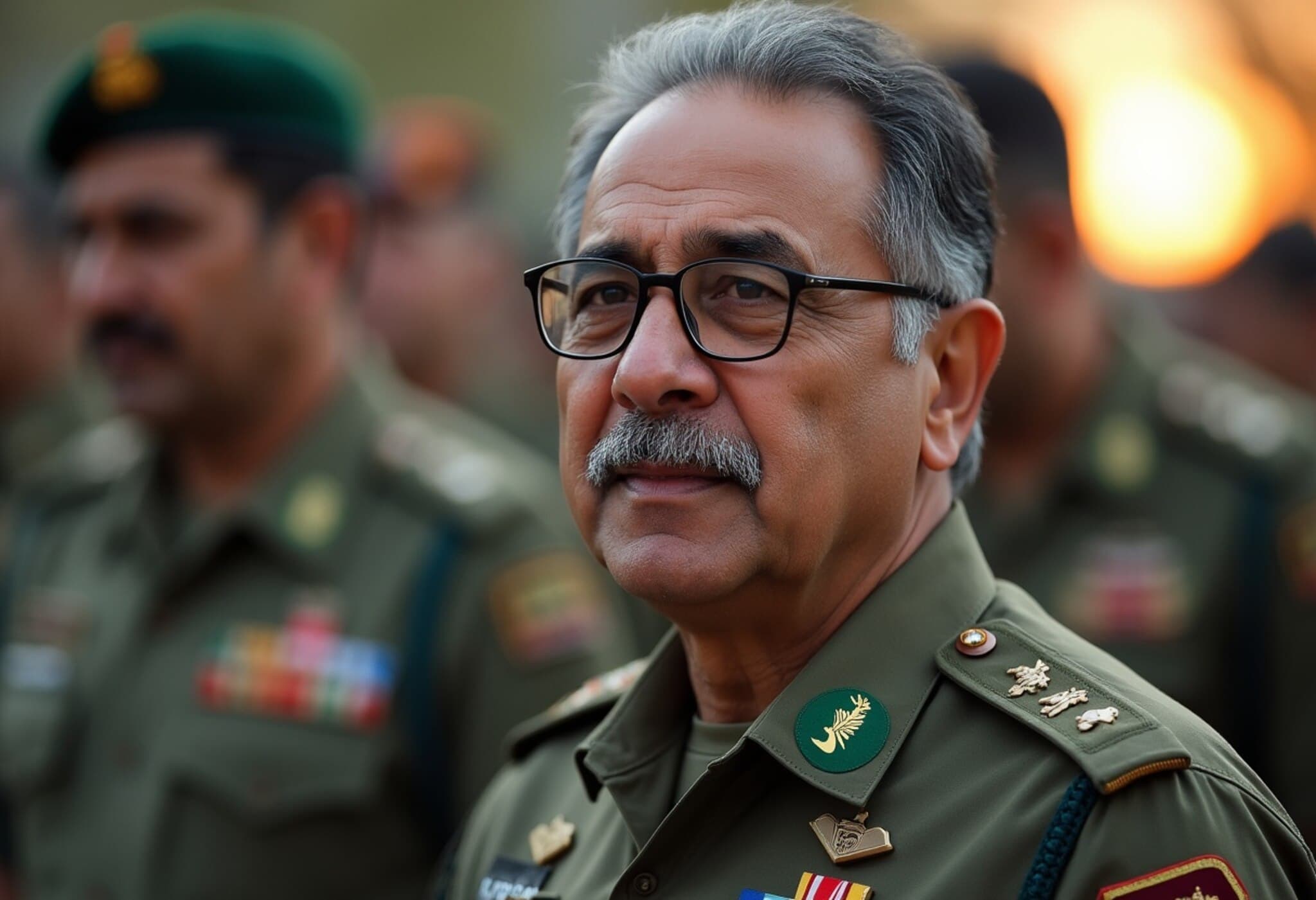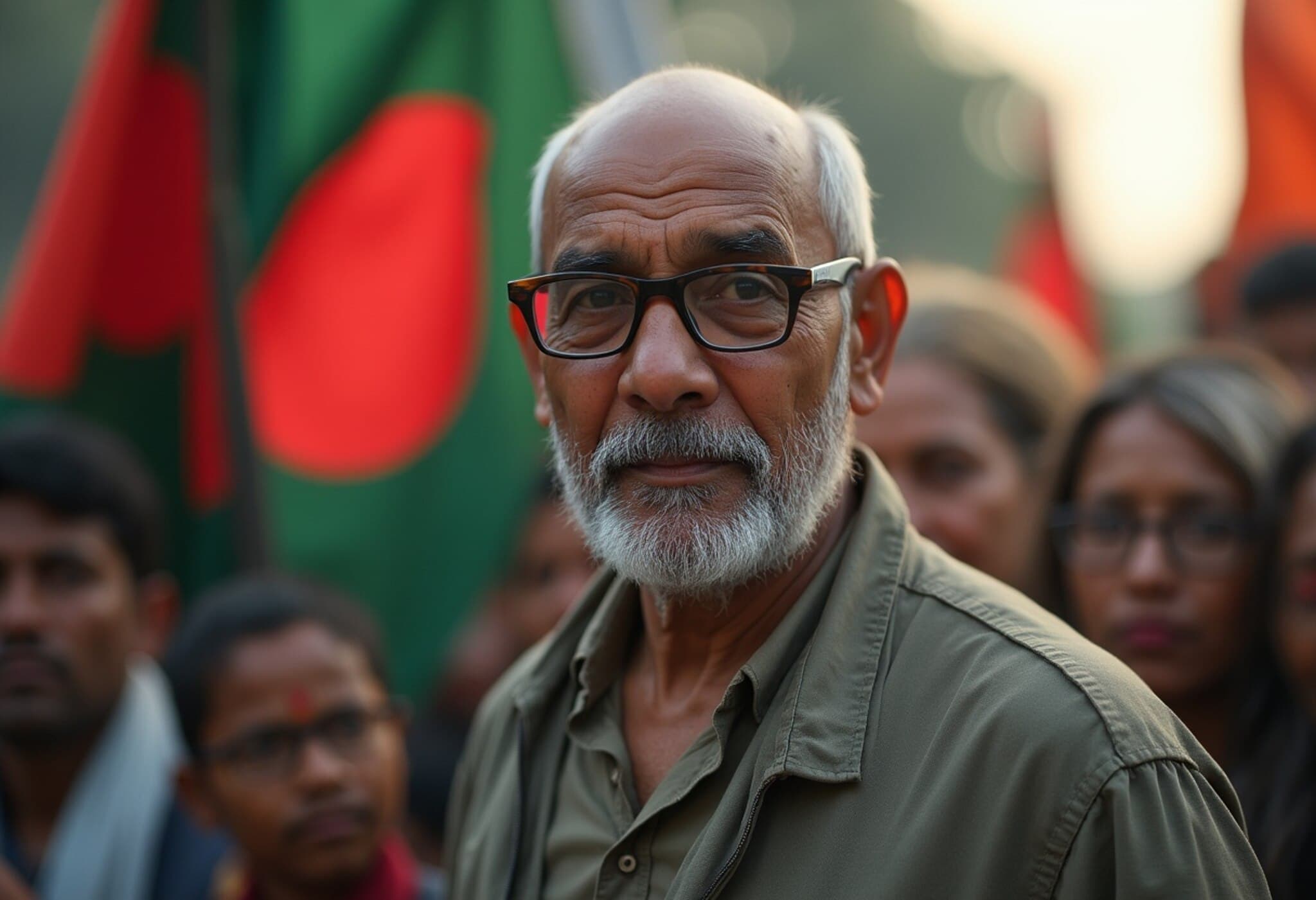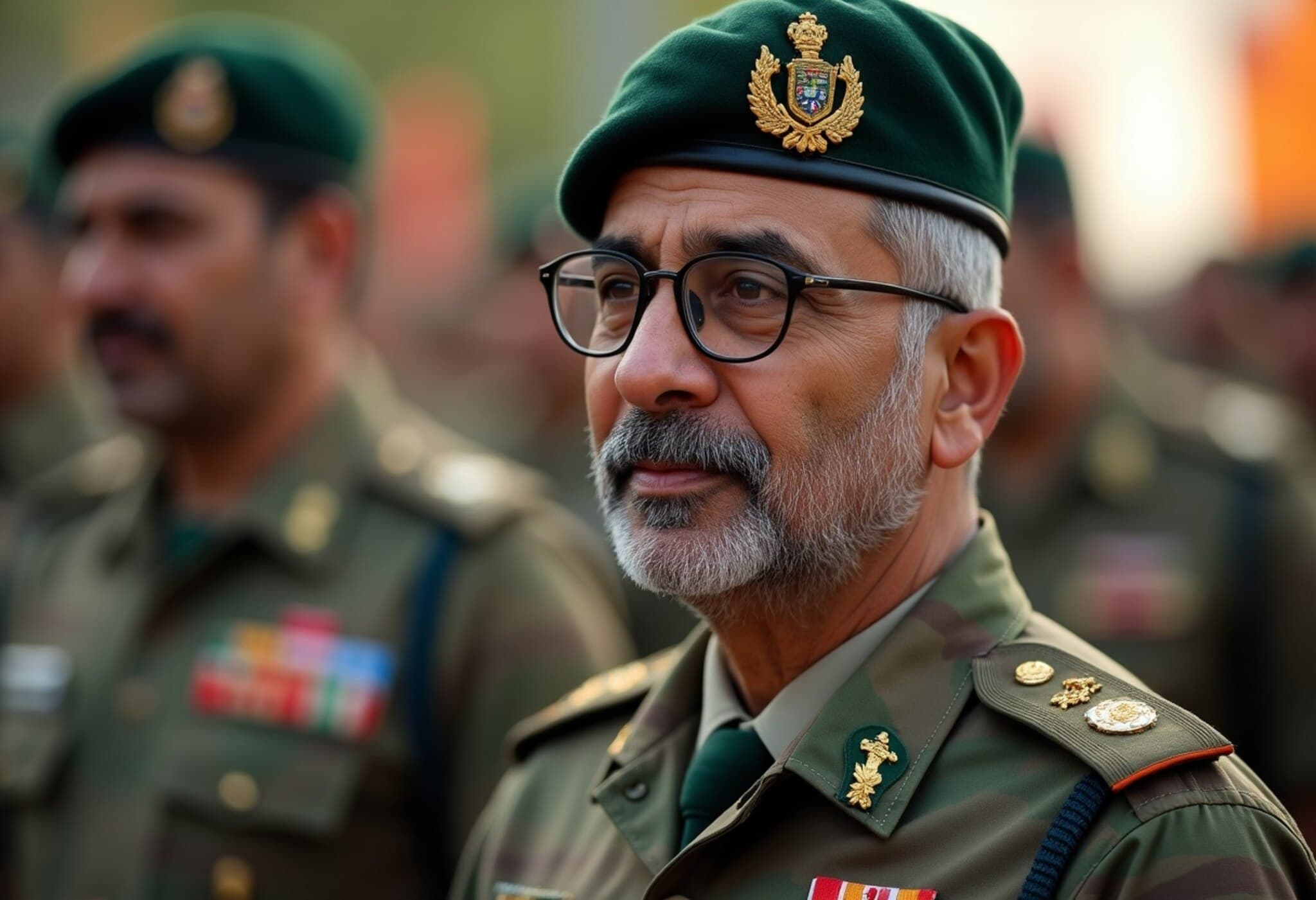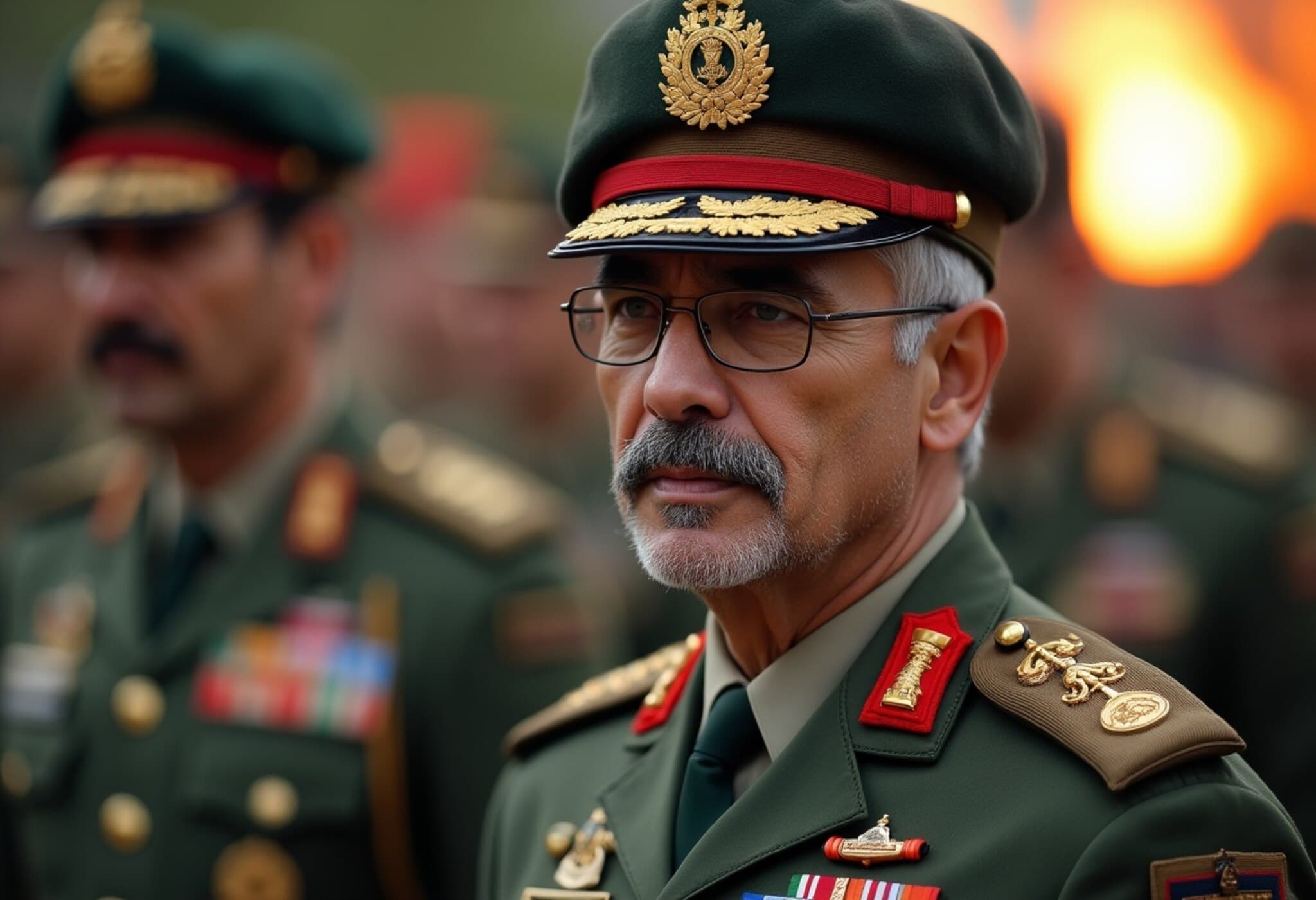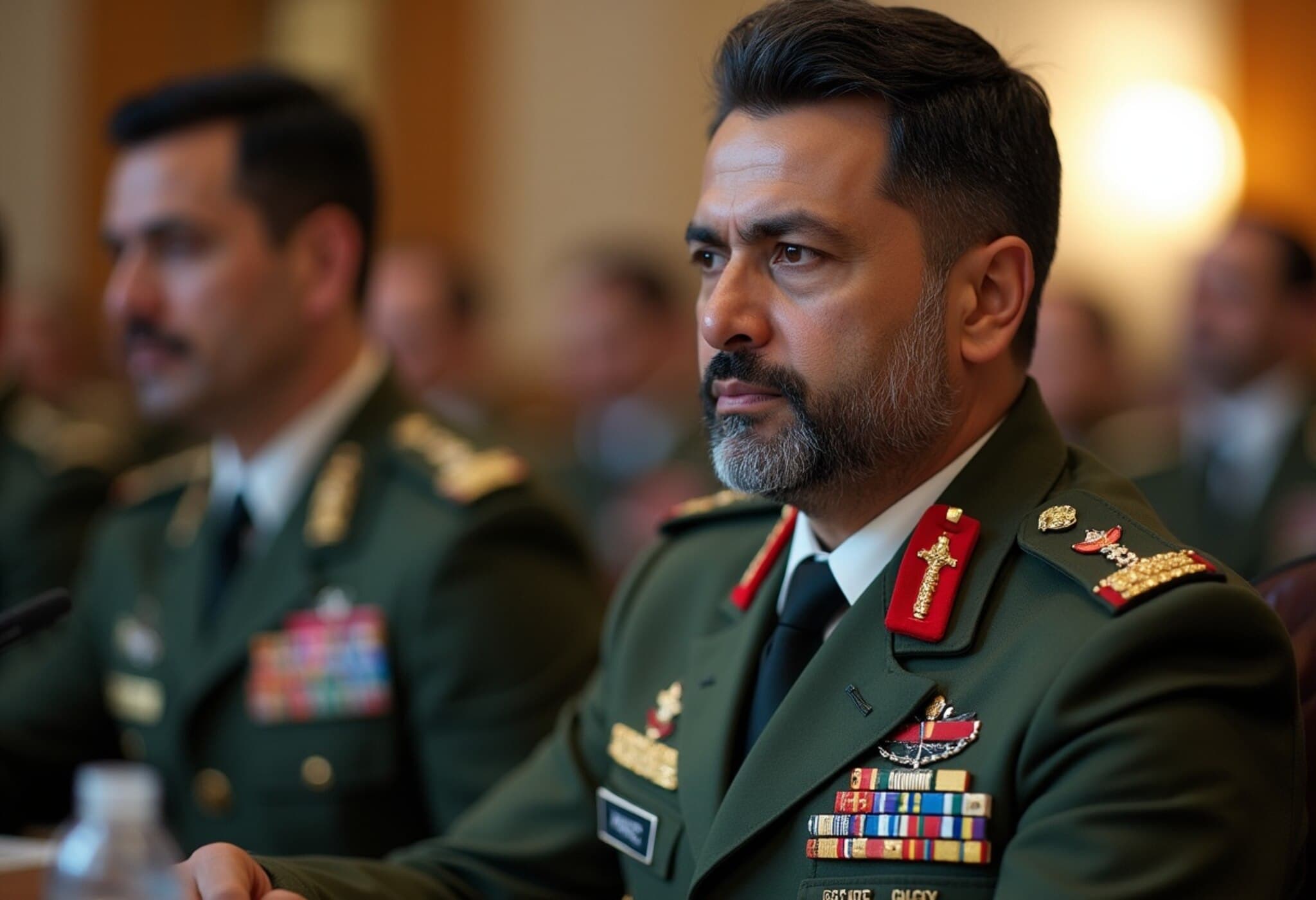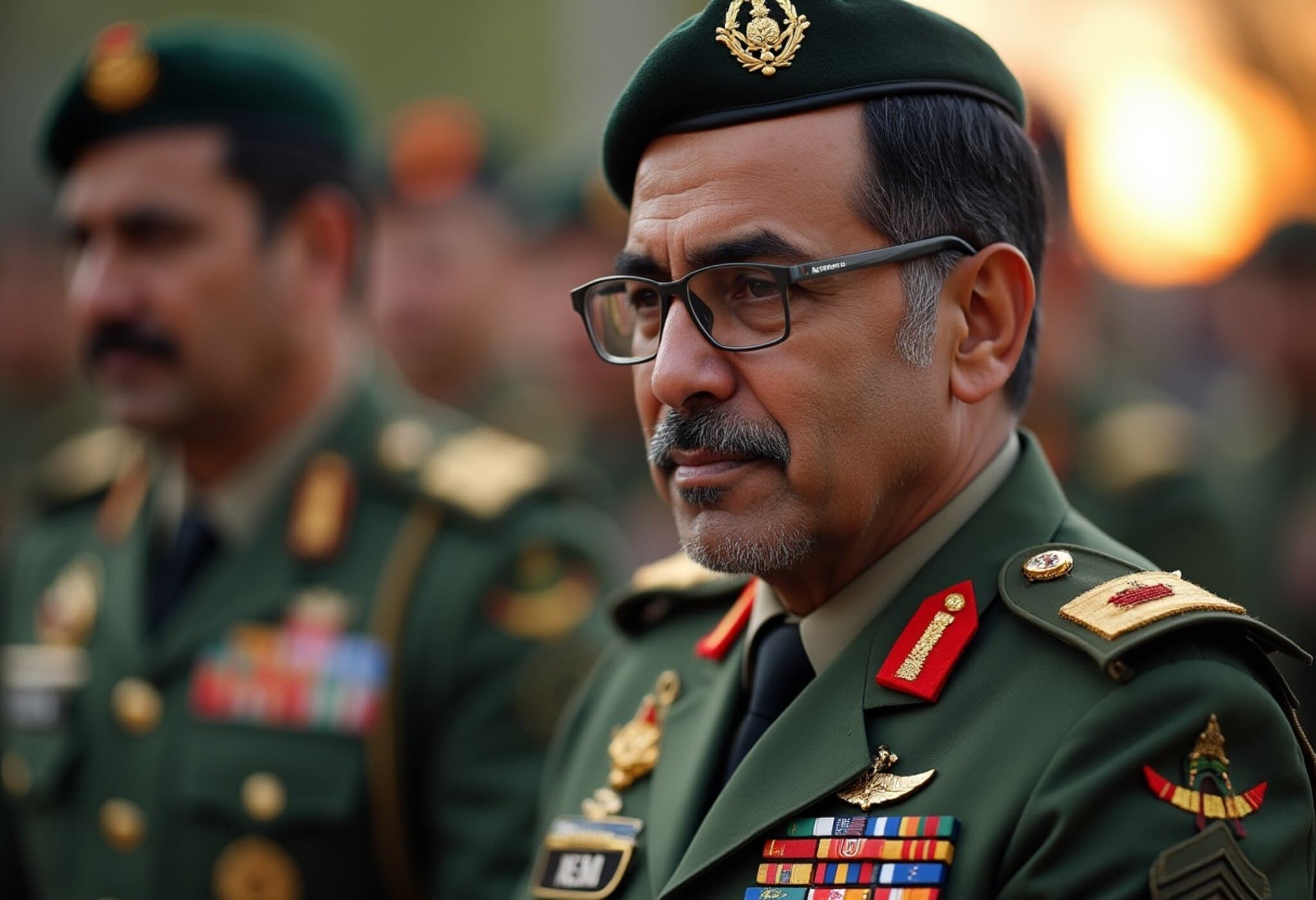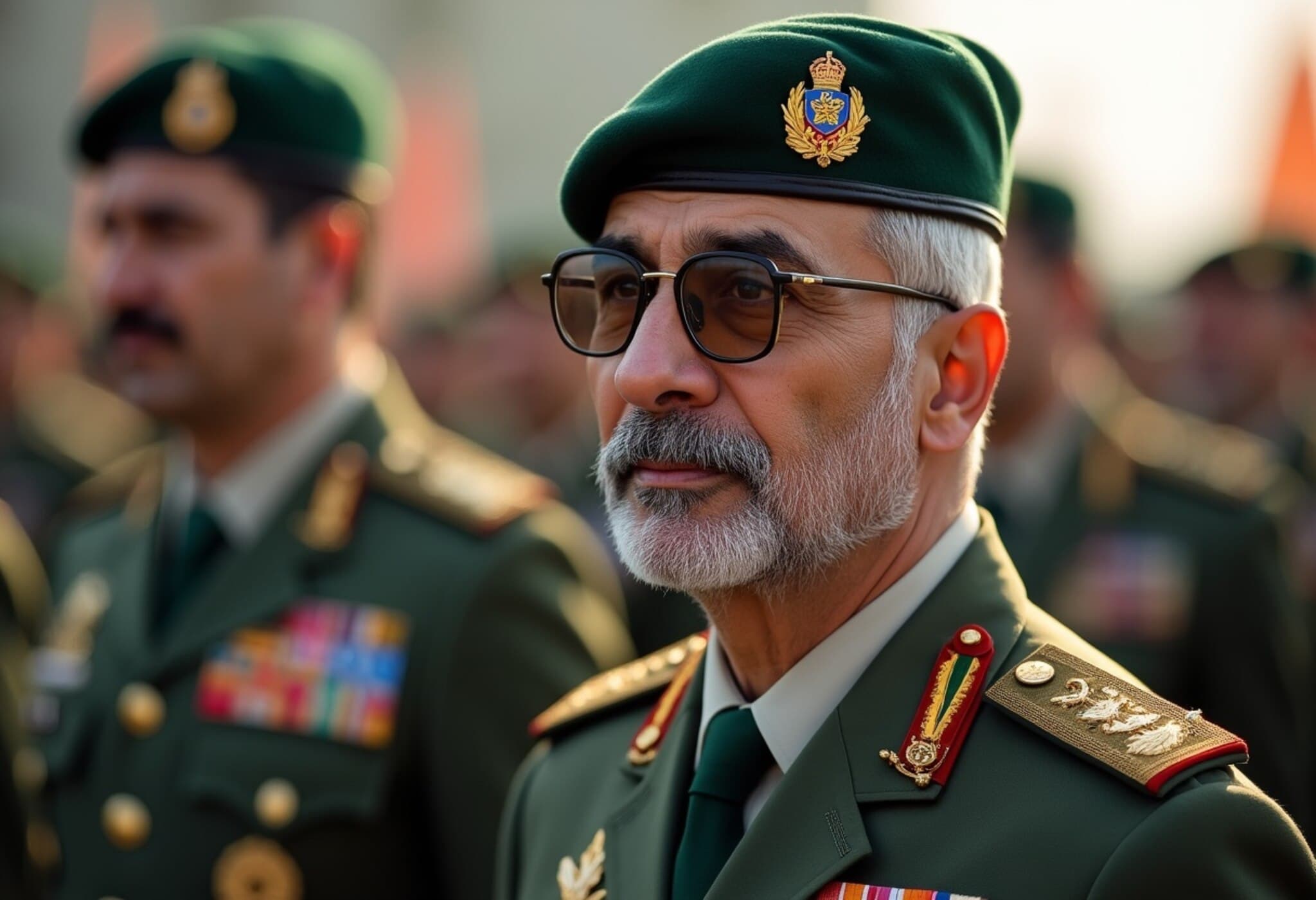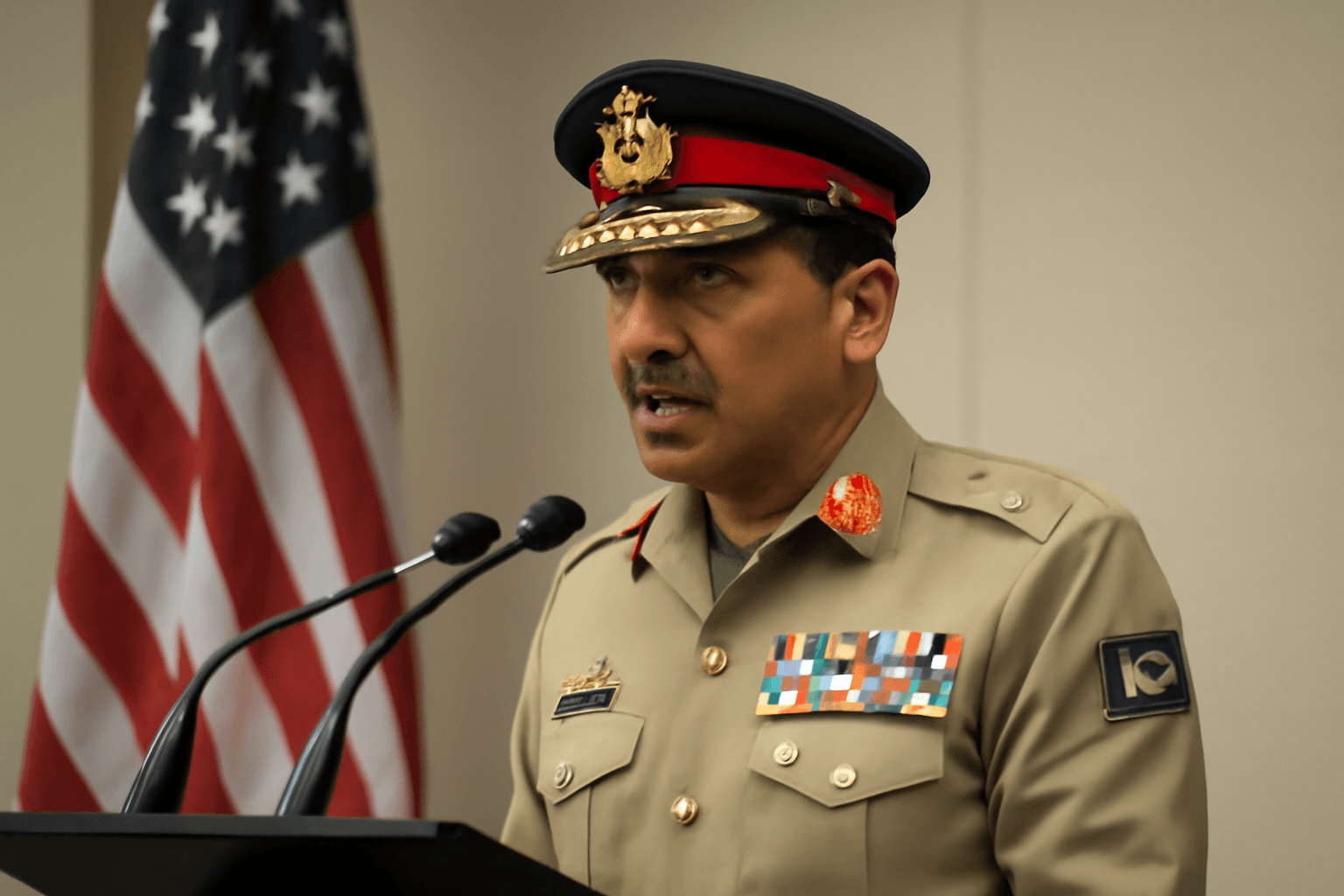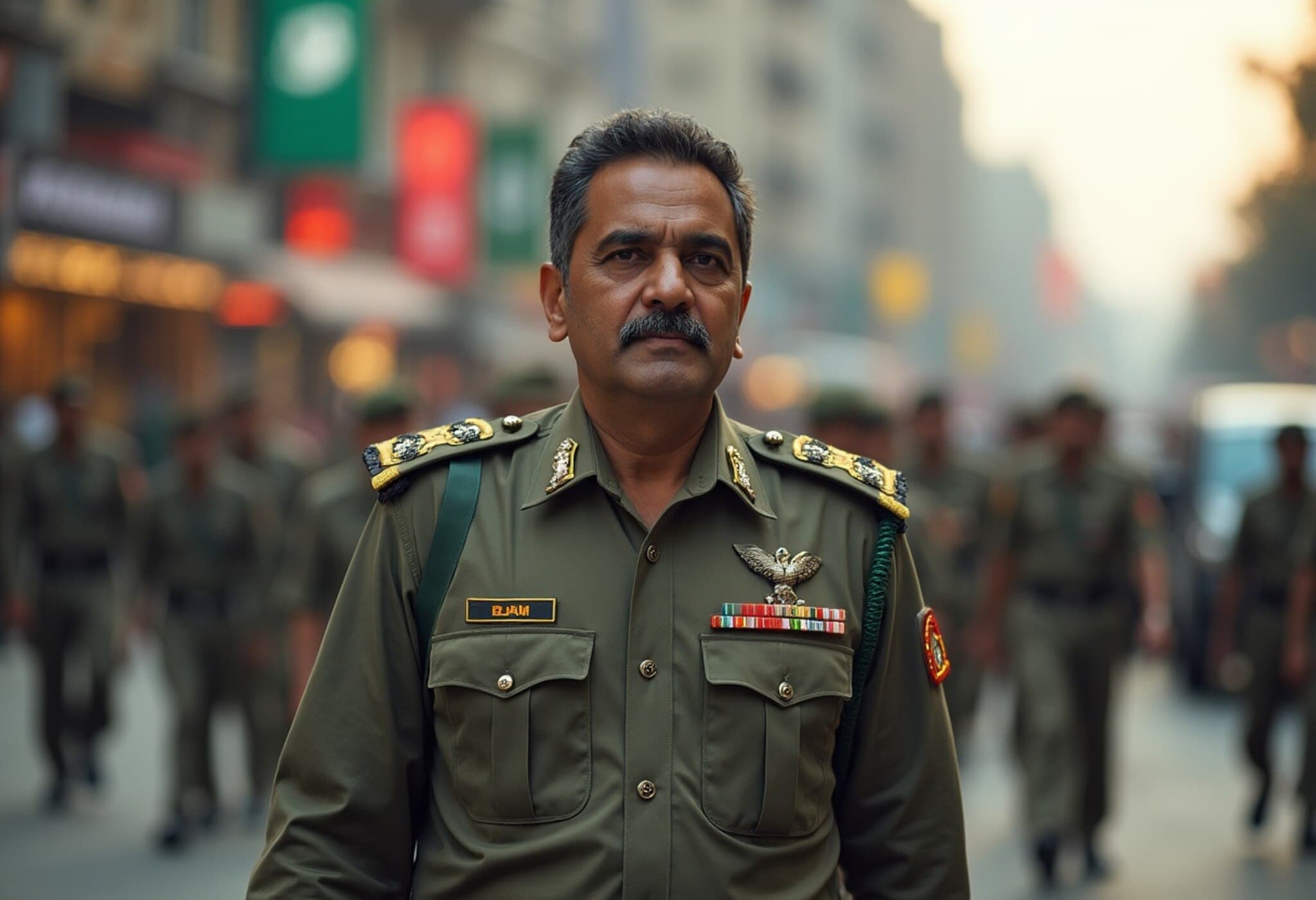Trump's Unusual Engagement with Pakistan’s Army Chief Asim Munir
In a move that has caught international attention, former US President Donald Trump has recently been seen engaging closely with Pakistan’s Army Chief, Field Marshal Asim Munir. This interaction is remarkable not only because Munir is one of Pakistan’s highest-ranking military officials, but also due to the complex and unsettled political landscape he navigates back home.
Munir’s multiple visits to the United States within a short span, including attending a key military farewell in Tampa, Florida, highlight the growing strategic focus placed on him by Washington. Trump’s Oval Office meeting with Munir – treating him almost as a head of state – signals a significant shift in US-Pakistan military diplomacy.
The Rise of Field Marshal Asim Munir: Echoes of Pakistan’s Past
Asim Munir's rapid ascent to the rare rank of Field Marshal — a title only once before held by Pakistan’s former military ruler, General Ayub Khan — has triggered speculation over his political ambitions. Given Pakistan’s history, where such military figures have transitioned into state leadership through coups, these concerns resonate with many analysts.
However, Pakistani officials have swiftly downplayed any talk of Munir aiming to usurp civilian governance. ISPR Director General Lt Gen Ahmed Sharif Chaudhry labeled these rumors as “completely baseless,” while Interior Minister Mohsin Naqvi and the Pakistani Prime Minister reaffirmed Munir’s commitment strictly to national stability and military leadership. Nonetheless, Munir’s unprecedented prominence does hint at an inevitable power tussle between the civilian government and the military establishment, a recurring theme in Pakistan’s fragile democratic journey.
Political Leaders Feeling the Squeeze
Amid these dynamics, Pakistan’s political leadership appears increasingly marginalized. The military’s growing influence casts a long shadow on the civilian sphere, with many questions raised about the health of Pakistan’s democracy. The balance of power is shifting, and long-term stability remains uncertain if the civilian leadership continues to be sidelined.
The Persistent Shadow of Imran Khan
Complicating the internal landscape is the ongoing saga of former Prime Minister Imran Khan. Currently imprisoned for nearly two years with strong international scrutiny on his detention, Khan remains an influential figure among Pakistanis globally, especially within the Pakistani-American community.
According to a recent investigative report by Drop Site News, Trump expressed to Munir during a June White House meeting the need to resolve Kashmir’s contentious political challenges, explicitly mentioning the Imran Khan situation. Trump reportedly urged Munir, saying, “I have many Pakistani friends. You need to resolve this issue.”
This plea, however well-intentioned, places Munir at a crossroads. Khan has openly criticized both the military establishment and the current government, meaning any attempt by Munir to soften his stance could alienate Pakistan’s ruling elites while risking Khan’s continued opposition. This balancing act poses a critical test of Munir’s political savvy and strategic vision.
Security and Stability: The Balochistan Challenge
Beyond politics, Pakistan grapples with escalating internal security threats. Militant groups, notably the Tehrik-i-Taliban Pakistan (TTP) and the Balochistan Liberation Army (BLA), have intensified operations, especially in Khyber Pakhtunkhwa and Balochistan provinces.
Munir has publicly vowed to counter-terrorism and insurgency, but the persistence and sophistication of attacks reveal deep-rooted problems. The insurgency in Balochistan is intricately linked to historical grievances over resource allocation, political neglect, and ethnic disenfranchisement.
For Pakistan to demonstrate reliability and stability to international partners like the US, resolving these internal conflicts demands political reconciliation alongside military action—an elevated challenge for any leadership.
Economic Headwinds Undermining Pakistan’s Stability
Pakistan’s prolonged economic crisis further complicates Munir’s portfolio of challenges. Since 2023, the country has struggled through historic financial turmoil, seeking critical aid from the International Monetary Fund (IMF).
Recent reports indicate Pakistan has failed to meet several IMF targets, reflecting ongoing fiscal mismanagement and provincial overspending. This economic fragility adds layers of uncertainty, undermining foreign investment prospects and threatening social cohesion.
The dilemma for Munir and Pakistan’s leadership lies in presenting a stable, investment-friendly image to partners like the US, while grappling with deep-seated economic and governance issues domestically.
Expert Insights: The Stakes of Militarized Politics in Pakistan
Experts caution that the increasing prominence of military leaders in Pakistan’s political arena could destabilize the democratic process. Historically, Pakistan has oscillated between military rule and civilian governments, often with adverse consequences for governance and economic development.
Washington’s warming ties with Munir reflect strategic interests in regional security, especially in the context of broader US-China competition in South Asia. However, sustainable progress requires strengthening Pakistan’s democratic institutions, economic reforms, and inclusive political dialogue—areas where military dominance may hinder rather than help.
Critical Questions Moving Forward:
- Can Munir balance his dual role as a military leader and a political influencer without tipping Pakistan back into authoritarianism?
- What role should the US take in encouraging Pakistan’s democratic stability amid its security partnerships?
- How will Pakistan manage to quell internal insurgencies without exacerbating regional grievances?
- Will economic reforms gain traction to create the conditions for long-term stability and investment?
Editor's Note: Navigating the Crossroads of Power in Pakistan
Field Marshal Asim Munir stands as a pivotal figure at the intersection of military influence and civilian governance in Pakistan. While international attention, notably from the US, signals a strategic pivot, the realities on the ground pose serious challenges.
From the marginalized political class to rising militancy and economic instability, Pakistan faces a delicate balancing act. The unfolding relationship between Munir and figures like Imran Khan, alongside foreign stakeholders, will profoundly shape the nation’s trajectory.
As observers, it is crucial to look beyond headline diplomacy and understand the nuances shaping Pakistan's future—where military power, political legitimacy, security imperatives, and economic reforms must coalesce for sustainable peace and progress.

